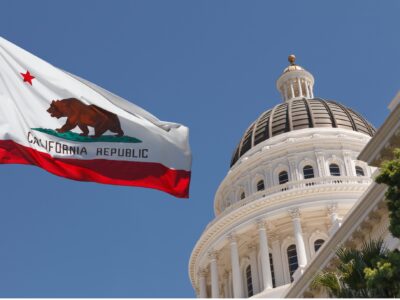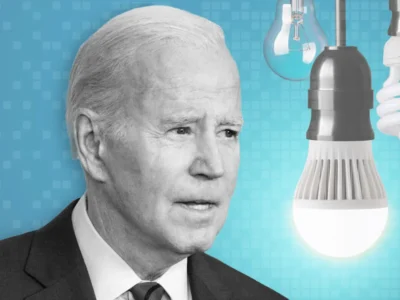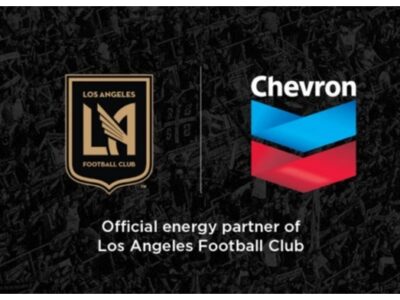Can Six-year-olds Understand the Tragedy of the Commons?
 Maybe not. But perhaps eight-year-olds can.
Maybe not. But perhaps eight-year-olds can.
Last Wednesday morning, I showed up for my weekly library volunteering at my daughter’s first grade class. School cutbacks meant that the librarian wasn’t there, so the teacher, another parent and I had to make do. The display was about Earth Day, since I had to find a book to read to the kids — fast — my eye settled upon what looked to be a pretty interesting story: Molly Bang’s Common Ground: The Water, Earth, and Air We Share.
If you have a school-aged child, you probably know of Bang because she wrote When Sophie Gets Angry — Really, Really Angry, a book about how a little girl gets, well, angry, and how she learns how to handle it by herself. The kids knew that book well, so when I told them it was the same author, they seemed content.
Turns out that Common Ground is a book that tells the story of Garrett Hardin’s classic article on the Tragedy of the Commons. Straight up. There’s a village, and the villagers have sheep, and they chew up all the grass, and so we have to take care of the earth. Strictly speaking, that’s not totally straight up, because theoretically one solution to the commons problem is privatization, and another one is government regulation. (And another one is informal controls and social norms, but you get the point.). Then Bang uses other examples of commons problems, like polluting the water and emissions into the air. It’s all fine “In the short run,” the book says. But not in the long run.
The kids liked the book, but I wouldn’t say that it all turned them into tree-huggers. It usually takes me a couple of times with my first-year law students for them to get the idea, and the law students aren’t bouncing out of their seats looking for Pokemon books. (They can stay there and surf the web.). Looking at the descriptions of the book on Amazon, I can see why: it’s really geared more for 8-12 year-olds, and a room full of antsy first-graders just won’t focus on the message with much understanding. (Sophie, by contrast, is supposed to be for 2-7 year-olds). But if you have a third-grader and up, or even a first-grader one-on-one, they might be able to get it. And if they do get it, they’ll be way ahead of the House Republican Conference.
Reader Comments
3 Replies to “Can Six-year-olds Understand the Tragedy of the Commons?”
Comments are closed.








Dear Jonathan,
A six year old may not understand the tradgedy of the commons but they do understand name-calling. Your young daughter has probably heard of the little moron, and she probably has a good idea of what her Daddy is talking about when he uses this term to describe other people.
I think that modern kids are more attentive to the world around us and they understand everything faster and get new knowledge like a sponge. For example it took me like 10 minutes to figure out how to use free pdf editor download here http://pdfeditor.me/ and my kids understood how to use this program in like 2 seconds:)
I think such books are very good idea, stuff you read when you are little has the immense effect on your future views. and maybe it’s not so obvious when you are little, but when you grow up, it will be. Trust me, i know what i’m talking about. I remember my childhood very well, i remember books which are read to me, i remember words that were told me and now i realize that all that affected me in some way.
___________________
avi to mp4 converter